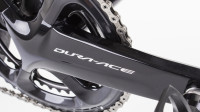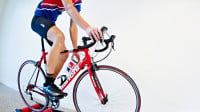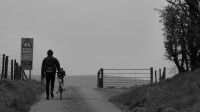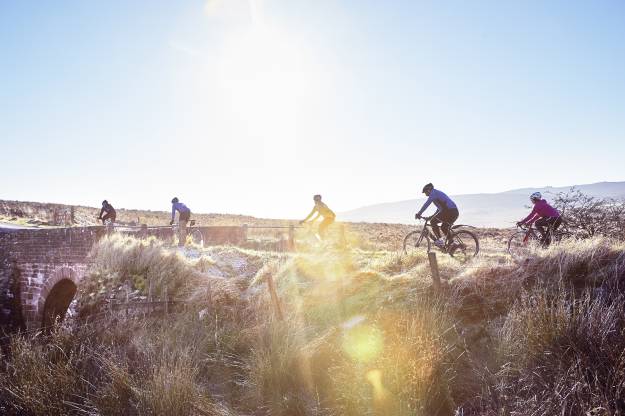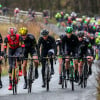If you’re planning some warm weather training over the winter or scheduling some racing abroad or even a foreign sportive next season, how can you ensure that your cycling trip doesn’t descend into holiday hell?
There are specific requirements in order to race or take part in sportives in some other countries - without the necessary paperwork in advance, you will not be allowed to take part. For full details and how British Cycling can support you, see our essential racing and riding guide.
Insurance
Insurance can be a minefield when travelling abroad for riding or racing. For the full details of the liability insurance provided by your British Cycling membership, as well as options to purchase specialist travel insurance, spend a little time reading up on your legal and insurance benefits and don't forget to check for important exclusions in the terms and conditions.
ID and emergency contacts
Make sure that the emergency contact details you give to the event organiser, and/or fill out on the back of your number board are accurate with the correct country codes, (the UK code is +44). Whenever and wherever you are riding, it is good practice to wear a dog-tag or wrist band with your name, blood group, allergy information and ICE (in case of emergency) contact numbers on. You should also have these ICE numbers stored in your mobile phone and the key-guard off. In many countries you are legally obliged to carry some form of photographic ID so ensure you check whether this is the case and what you’re carrying complies.
Packing
Make a detailed checklist that you can work through as you pack to ensure you don’t forget an important item of kit. Carry your cycling shoes, with your pedals inside, in your hand luggage so, if the worst happens and your bike goes missing, you’ll be able to ride a hire bike.
Dealing with the heat
If you’re travelling abroad, especially during the British winter, it’s likely that you’ll be riding in hotter temperatures than you are used to. This can impact on your performance and needs to be factored into your pacing and hydration strategies, especially during rides early on in the trip. If you’re travelling out for a specific event and you know that conditions are likely to be hot, consider heading out early to acclimatise or take steps to begin the acclimatisation process at home.
Training volume
On a training camp, the temptation with the sun on your back and smooth tarmac beneath your tyres is to pile on the miles. It is fine to increase your normal training volume but this has to be within reason. Do too much and you could end up over-tired, ill or even injured. You can easily end up returning home in a worst state than when you left. Make the rides challenging but try not to finish them feeling exhausted. Pay close attention to recovery and factor in a complete rest day every 3-4 days. When you get home, having trained harder than normal when you were away, you’ll probably need to factor in a recovery week.
Avoiding tummy trouble
Many riders, when travelling to race or train abroad, often suffer from stomach upsets. More often than not it’s just a change in environment upsetting their bodies and will resolve itself in 24 hours. Don’t reach immediately for the Imodium, let the body deal with it naturally and flush it out. If you’re still suffering after 2-3 days, see a doctor. The most effective way to avoid picking up a bug is basic hygiene awareness. Always wash your hands thoroughly and use an anti-bacterial gel. Carry a small handheld gel in your hand luggage to use on the journey.
Eat and drink sensibly, especially before your event. Play it safe by sticking to plain and familiar food. You can always experiment with the local cuisine once you’ve crossed the finish line.
Here are a few tips:
- Stick to sealed bottled water, unless you are sure of the purity of the tap water. Be aware of cleaning your teeth or the use of ice cubes from the tap water
- If you are preparing your own food, wash your salad and fruit with bottled water.
- Make sure any meat and vegetables are cooked thoroughly.
- Stick to known foods before the event and leave sampling the local cheeses, fish and shellfish until after the event.
It’s always worth taking a broad spectrum multi-vitamin and mineral when travelling or training hard to help provide some additional support for your body during periods of stress.


